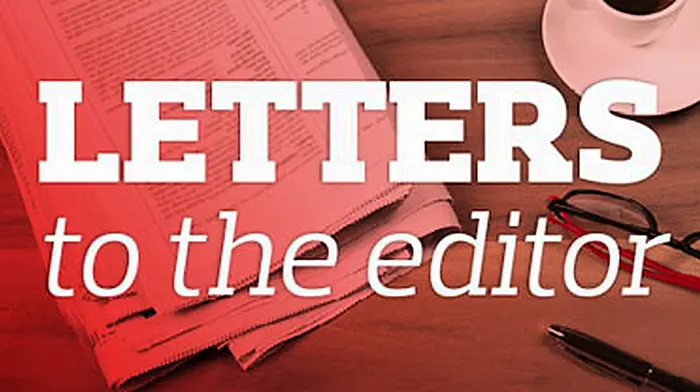SOME early details of the content of the new Junior Cycle SPHE syllabus have emerged this week.
It has now been four years since a government-commissioned report found that how we teach sex education in our schools did not reflect how our students experience the real world, to put it mildly.
So much has changed in the two decades since it was last reviewed, that those rewriting it for the latest generation surely know they have major challenges ahead.
Social media’s proliferation, and how it has spread its tentacles far and wide, with so many consequences for our young people, is just one issue that needs to be addressed.
This has brought an onslaught of bullying, hate speech and pornography to the majority of our first and second level students’ fingertips.
Gender-based violence is nothing new to our young people, even if the term didn’t exist when their parents were being educated. But it was certainly not spoken about, never mind discussed or debated, in the schools of the 70s, 80s and 90s.
And as for gender identity and sexuality, children today would be hard pressed to understand how many of their grandparents, if not their actual parents, were raised at a time when practising a gay lifestyle was a criminal offence in this country.
We have become a very liberal and thoughtful society in some ways, but in others, you only need to scratch the surface to see the vitriol of racism, misogyny and homophobia.
The anonymity of online accounts and platforms has allowed hate speech to gain a foothold in a world where being a ‘rebel’ often means just being filled with bile and aggression.
In order to ‘stand out’ from the crowd, so many damaged people are finding a voice behind their keyboards. When their only platform was the schoolyard and a face-to-face encounter with their vulnerable victim, they were far more careful about where or when they would voice an unpopular opinion. Bullies like to hide in the shadows and only emerge when the ‘coast is clear’ and they are not likely to encounter large groups. The internet is the ideal shaded area for such vile behaviour.
We need to equip our young people with the tools to cope when they encounter bullies, either online or in the playground. But they are more likely to meet them in the former, rather than latter, environment these days.
Teenagers are also seen as ‘soft targets’ for the giant porn industry that has adapted so well to the online world and can find easy prey when young adults are most inquisitive about their own bodies, and others’.
To ignore the influence of this parasitic industry on our young teens, and even pre-teens, would see Ireland reverting to the ‘head in the sand’ attitudes of the past, which fuelled the rise of the industrial schools, mother and baby homes, and a society that was expert at brushing problems under the carpet.
The next few months is bound to bring out the naysayers who think our education system should not be dabbling in what many see as parental duties – sex education and gender identity debates.
But our past has shown us that very many parents are not prepared to have the difficult conversations and would rather our teachers and schools continue to bridge the gaps.
And bridge those gaps they must – be it about relationships, porn, consent and gender identity or sexuality, violence and the urgent need for respect.
As more information on the new syllabus emerges over the next few months, we will inevitably be confronted with the self-styled morality police, telling us that our children don’t need to hear about the influence of pornography on their developing minds. They will, no doubt, also say that young minds don’t need to understand the importance of giving and seeking consent in sexual relationships, or that intimate gender or sexuality discussions have no place in our schools.
Let’s hope those comments can be fielded in a respectful way, but quickly dispatched so we can get on with the business of educating our children on how to deal with the many and varied challenges of modern life, so that at least some of the horrors of ‘old’ Ireland can be consigned to the past, forever.










